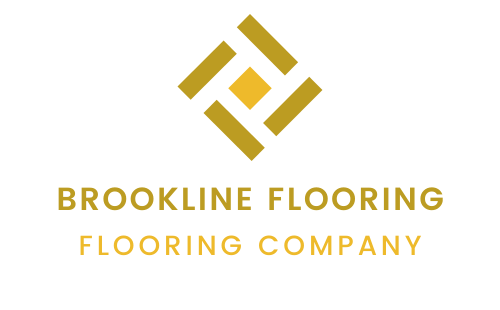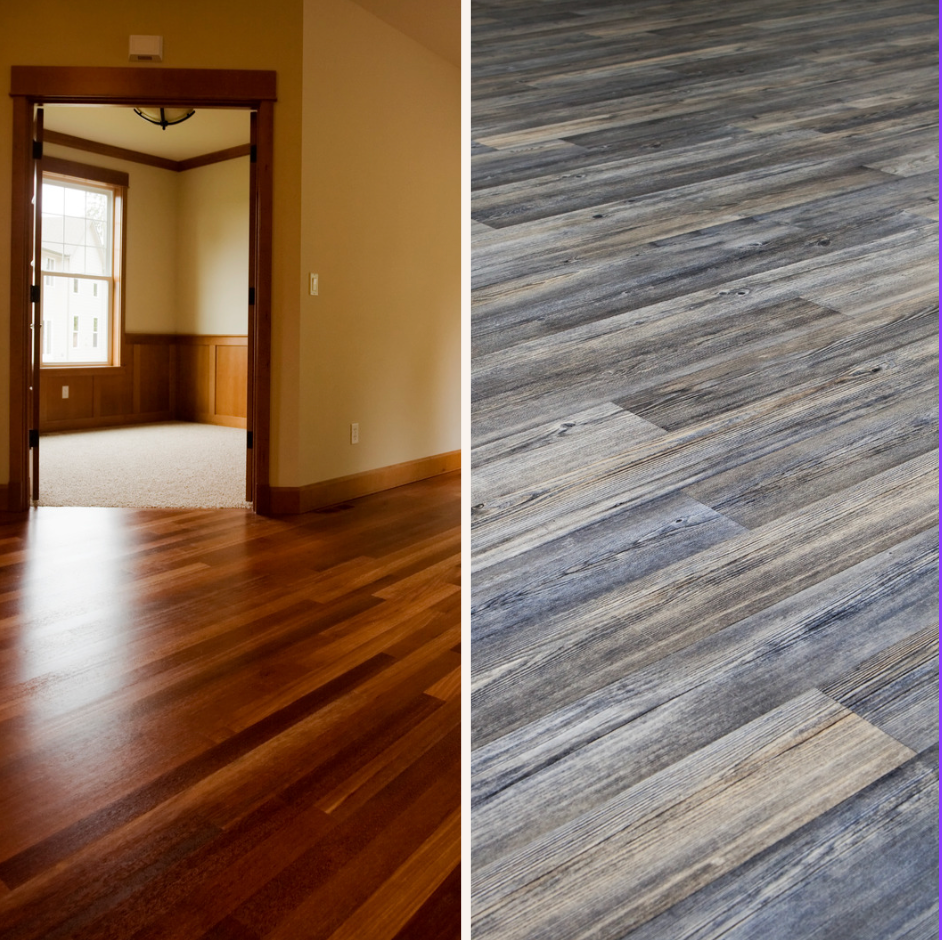DIY Floor Repair: When to Do It Yourself and When to Call a Professional
A Comprehensive Guide to Tackling Floor Repairs on Your Own and Knowing When to Seek Expert Help
Maintaining the beauty and functionality of your floors is essential for any home or business. Sometimes, floor repairs can be handled on your own, while other times, it's best to call in the professionals. This blog will help you determine when to tackle floor repairs yourself and when to seek professional assistance. We’ll cover common issues and provide DIY tips and professional solutions for hardwood, tile, vinyl, and laminate floors.
Pros and Cons of DIY Floor Repair
Before diving into specific repairs, it’s important to weigh the pros and cons of doing it yourself.
Pros of DIY Floor Repair:
- Cost Savings: DIY repairs can save you money on labor costs.
- Immediate Action: You can address minor issues promptly without waiting for a professional.
- Satisfaction: Completing a repair yourself can be very rewarding.
Cons of DIY Floor Repair:
- Skill Level: Some repairs require specialized knowledge and skills.
- Tools and Materials: You may need to invest in tools and materials you don’t already have.
- Risk of Further Damage: Incorrect repairs can lead to more significant issues and higher costs in the long run.
Common Floor Issues and DIY Solutions
Scratches and Scuffs:
- Hardwood Floors: For minor scratches, use a wood stain marker or blending pencil. For deeper scratches, sand the area lightly and apply a matching wood stain and finish.
- Tile Floors: Use a porcelain repair kit for minor scuffs. For more significant damage, consider replacing the tile.
- Vinyl and Laminate Floors: Use a vinyl repair kit or laminate floor repair pen to cover up scratches.
Water Damage:
- Hardwood Floors: For minor water stains, try a mixture of baking soda and water. For more severe damage, you may need to replace affected planks.
- Tile Floors: Clean the area thoroughly and ensure proper sealing to prevent future damage.
- Vinyl and Laminate Floors: Dry the area immediately and use a dehumidifier. If the damage is extensive, plank replacement may be necessary.
Loose or Damaged Planks:
- Hardwood Floors: Secure loose planks with finishing nails or wood glue. Replace damaged planks if necessary.
- Tile Floors: Re-adhere loose tiles using tile adhesive and replace damaged ones.
- Vinyl and Laminate Floors: Use adhesive to fix loose planks. For damaged planks, remove and replace with new ones.
Gaps and Cracks:
- Hardwood Floors: Use wood filler or putty to fill small gaps. For larger gaps, consider inserting a wood sliver and sanding it flush.
- Tile Floors: Fill cracks with epoxy or a suitable adhesive. Replace any tiles with significant cracks.
- Vinyl and Laminate Floors: Use a gap filler or silicone-based sealant to fill in gaps.
When to Call a Professional
Extensive Water Damage: If water damage has affected a large area or penetrated deeply into the subfloor, professional assessment and repair are necessary to prevent mold growth and structural issues.
Structural Issues: Problems with the subfloor or foundation require professional expertise. Signs include sagging floors, uneven surfaces, or persistent gaps and cracks.
Complex Repairs: Repairs such as refinishing hardwood floors, replacing large sections of tile, or addressing underlying issues should be handled by professionals to ensure quality and durability.
Specialized Tools and Techniques: Some repairs require specialized tools and techniques that are beyond the scope of most DIY enthusiasts. Professionals have the equipment and experience to handle these repairs efficiently.
Benefits of Professional Floor Repair
Expertise and Experience: Professional technicians have the knowledge and experience to handle various flooring issues effectively. They can identify underlying problems and address them appropriately.
Quality Materials and Workmanship: Professionals use high-quality materials and ensure meticulous workmanship, leading to longer-lasting repairs.
Time and Convenience: Hiring a professional saves you time and effort, allowing you to focus on other tasks. Professionals can often complete repairs more quickly and efficiently.
Safety: Certain repairs, especially those involving structural issues or heavy equipment, can be hazardous. Professionals are trained to handle these safely.
Conclusion
Knowing when to tackle floor repairs yourself and when to call a professional is crucial for maintaining the beauty and functionality of your floors. While DIY repairs can be cost-effective and satisfying for minor issues, professional assistance is essential for more complex and extensive problems. By following the tips and guidelines in this blog, you can ensure your floors remain in excellent condition for years to come.
For professional floor repair services, trust Brookline Flooring to deliver exceptional results. Our experienced team is ready to handle all your floor repair needs with precision and care. Contact us today to schedule your consultation and experience the difference of expert floor repair.




